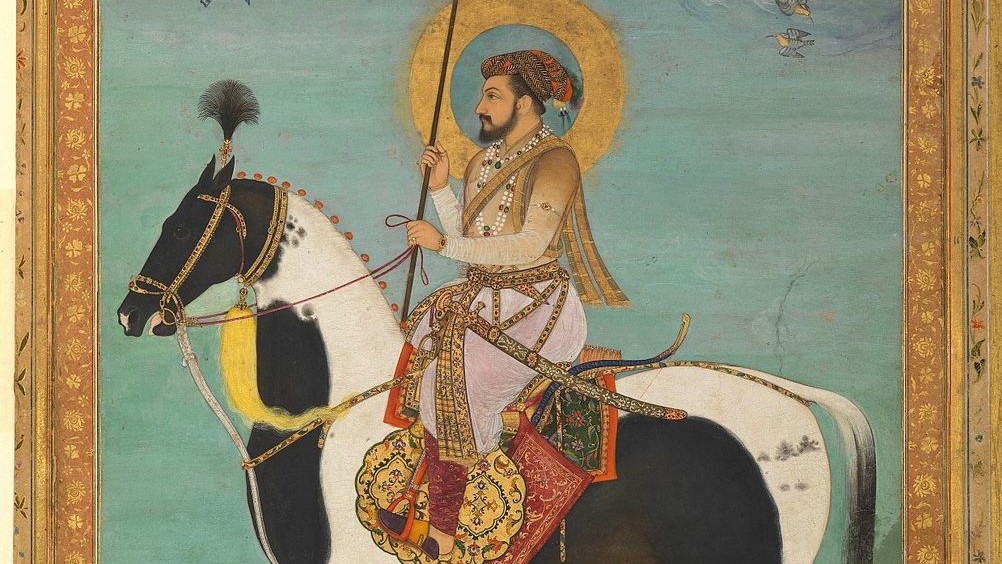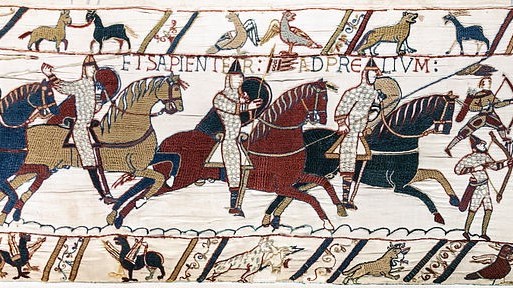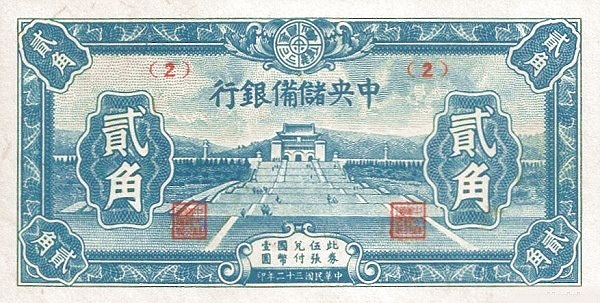Winners of the Department of Economic History’s 2021 Investment Competition tell us how they developed their pitch, reasons for participating, and their takeaways from the experience.
The competition brief was for student teams to devise an investment pitch strong enough to convince three finance executives to part with their money, using only publicly available data and the analytical tools of an economic historian. The top prize was an internship at Tikehau Capital, a leading asset management firm. The competition was organised by Dr Gerben Bakker, and the judges were Christian Dinesen, Steve Mobbs, and Joachim Liese. Their bios can be found here.
The winning team comprised second year undergraduates Josephine Precetti (JP) and Yushang (Kevin) Zhang (YZ), and master’s student Maximilian Rudloff (MR). Having only met on the day of the competition, they quickly found a strong common interest in commodity markets and shared a gloomy outlook for the global economy. After considering several potential investments, they settled on the ultimate defensive asset: gold.
Their winning presentation considers how gold would perform in three likely macro-economic scenarios. It then analyses the history of gold supply and compares gold to the major asset classes (cash, bonds, and equities). The central theme of the pitch is compelling: gold is underpriced whichever way you look at it.

Why did you decide to take part in the competition?
JP: I thought it would be fun and challenging! I was excited by the opportunity to put my economic history skills in a current situation to the test. Also, I wanted to learn more about the financial investing field. So, this first-hand experience with experts in their field and working in a team of students also motivated by the challenge sealed the deal for me.
YZ: I thought it would be an invaluable opportunity for me to gain new knowledge about investment and to meet and work with new people. I am very keen to combine my knowledge of economic history with experience of practical investment.
MR: I have always been fascinated by financial markets because I think they are extremely stimulating intellectually. Market prices reflect a form of weighed consensus so the only way to consistently generate market-beating returns (alpha) is to have a view that both differs from the consensus and ends up being adopted by market participants. Of course, there is money involved, that’s how you keep score. But for me it is more about the intellectual challenge.
How did you narrow down the list of potential investments to gold?
JP: The choice of investment was completely open. But we quickly realized we all had an interest in commodity markets. So, we discussed a few options like lithium and gold. Max was super excited about pitching gold and we quickly all got onboard with the idea. We started digging in the historical case studies, we analysed the datasets available online, and built our case from there!’
MR: After the presentation, Steve Mobbs came to me and told me, “You know, I always hated gold!” We managed to make him less of a sceptic which I think was an achievement.
In your presentation you contrast gold with crypto currencies. Why should we have more faith in gold’s future stability as a store of value?
MR: The first commonality is the reflexive nature of the process. Both crypto and gold behave as stores of wealth if people believe they should be stores of wealth. Bitcoin has limited supply, you can exchange it globally, it is easily portable, and it has no yield (unless you lend it out, which you can also do with gold). Now cryptos are supposed to be a diversifier, yet they are highly correlated with the most speculative parts of the U.S. stock market that are down so much. Bitcoin is now down 50%. So, cryptos are not historical diversifiers like gold and have failed to prove that they are anything else than vehicles for speculation, though that could change. As public ledgers and digital assets, cryptos might also fail to satisfy the demand for privacy and safety often associated with gold.
YZ: Crypto currencies are relatively new. We have little historical evidence about how they will behave during times of crisis. Whereas gold has a long history of maintaining its value. It is renowned for such functions.
MR: If you look at the big holders of gold, they are mainly central banks, mostly Western. These institutions do not hold crypto, they don’t like crypto. They definitely want to regulate it. Nonetheless, if an inflationary deleveraging is indeed the path of least resistance for governments to reduce increasingly unsustainable debt loads, then they could try – and in history they have tried – to eliminate alternatives to the money they print. So, gold would also be at risk from this perspective.

How did your training in economic history inform your approach?
MR: Economic History provides the laboratory where economic theories can be tested against reality, and possibly falsified. History also teaches that some human traits do not change. For example, governments tend to take on unsustainable amounts of debt, and they generally prefer to inflate their debts away rather than pay them back as doing so would require sacrificing the income of the current generation to pay back debts incurred by previous generations. This is especially true in times such as ours that are characterised by domestic tensions, low economic growth, and hefty demands on the government.

What did you learn by taking part in the competition?
MR: It is a fantastic opportunity for students like us who are just starting our careers to have really well-established professionals with very impressive careers spend time with us, judge our presentations, read our scripts, and then give us advice and talk to us afterwards. It was really nice of the department to arrange that for us.’
YZ: I would absolutely recommend this to students in the future! The competition forced me to work very efficiently and as part of a team. It was challenging but very rewarding.
JP: This was such an empowering experience, in terms of being a woman in business and as a university student entering the professional world. I learned how our skills as economic historians could set us apart and bring stronger and more original analyses to current and future economic trends.’
Do you have any final comments?
MR: Buy gold!
The team would love to hear from anyone who disagrees with their analysis and thinks they are wrong. You can read their full pitch here.




